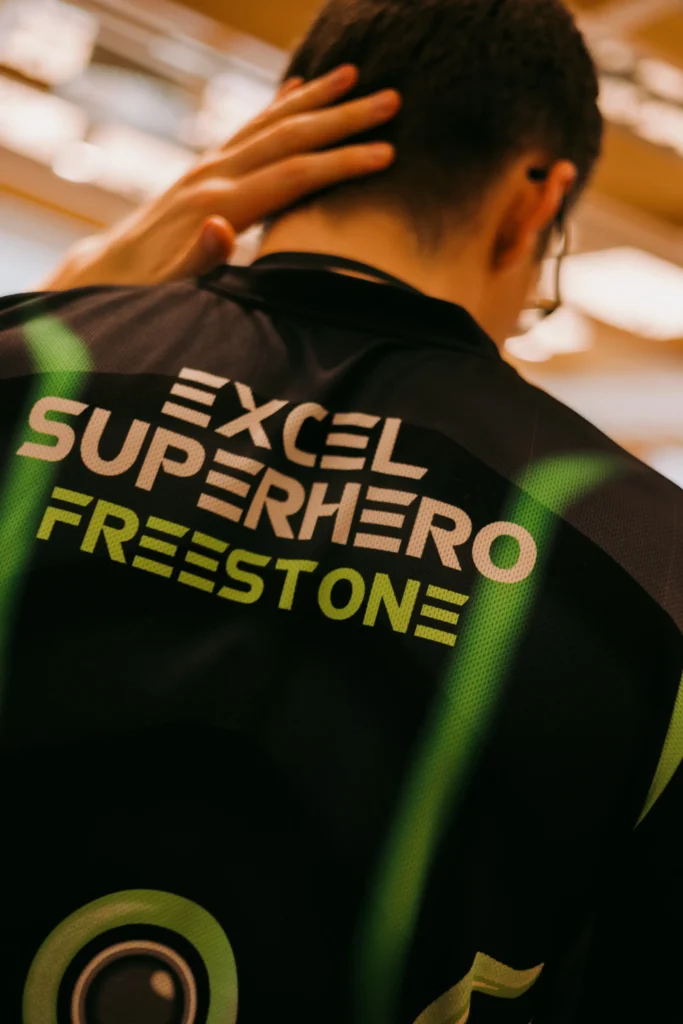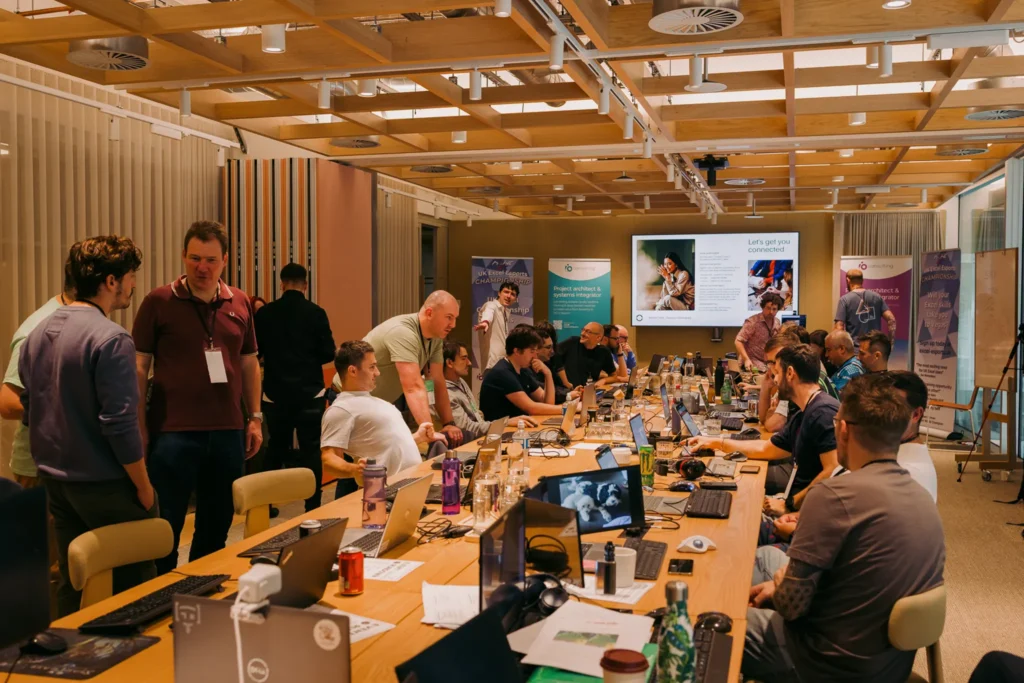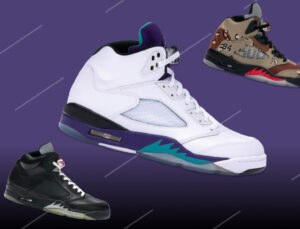A Tool That Changed the World
Forty years ago, a simple grid of rows and columns rewrote the rules of business. The spreadsheet, with its mix of formulas, macros, and data visualization, became the operating system of capitalism. From Wall Street forecasts to small-town balance sheets, its reach has been universal. But behind its reputation as the sober accountant’s tool lies a parallel universe—an arena where spreadsheets are more than work. They are combat.
This is the world of The Obsessives: a global underground scene where competitors turn calculation into spectacle, where logic becomes adrenaline, and where the flick of a keyboard can make or break reputations.
The Setting: Thirty in a Room, One Screen to Rule Them All
It begins in silence. Thirty competitors sit shoulder to shoulder, eyes burning into glowing monitors. The air is thick with tension. There’s no commentary, no music, only the frantic percussion of keystrokes. On a wall-sized screen, cells flash green, yellow, red. Functions nest within functions, pivot tables bloom like fractals. Every second, a decision: SUM or AVERAGE, INDEX or MATCH, or the unholy power of VLOOKUP.
The audience—half tech enthusiasts, half adrenaline junkies—watches formulas unfurl like sword strikes. For them, this is as thrilling as boxing, as tactical as chess, and as brutal as cage fighting.
How It Began: From Corporate Tool to Competitive Arena
The spreadsheet’s competitive turn wasn’t planned. In the 1990s, office workers started timing each other on financial models, daring colleagues to clean datasets under pressure. Online forums magnified these dares. By the 2000s, YouTube showcased “Excel speedruns.” By the 2010s, universities hosted “model-offs.”
And then came the organized leagues: the Financial Modeling World Cup, born out of Poland in 2020, attracted thousands of entrants and global sponsors. Microsoft leaned in, streaming finals on YouTube, turning spreadsheets into content.
But outside the polished stage, an underground culture emerged. Hacker basements in Berlin, after-hours offices in Tokyo, late-night clubs in São Paulo—spaces where Excel wasn’t just a skill, it was a fight.
The Competitors: Grassroots Champions
These spreadsheet warriors are rarely finance bros. They’re students, teachers, IT specialists, mathematicians, sometimes bartenders with a side passion for macros. They don’t chase Wall Street salaries; they chase glory measured in milliseconds and clean syntax.
Meet “The Architect,” a Japanese engineer who designs formulas like origami—compact, elegant, and indestructible. Or “CTRL-Z,” a Canadian dropout known for his reckless speed and equally reckless reversals. Or “Pivot Queen,” an accountant from Lagos whose mastery of pivot tables has made her an underground icon.
They are not just number-crunchers. They are performers, athletes of logic, and community builders who host forums, Twitch streams, and Discord channels where spreadsheets are debated like scripture.
The Rules of Engagement
At first glance, it looks like typing. But competitive spreadsheeting is codified and ruthless.
-
The Challenge: Competitors face complex scenarios—building financial forecasts, cleaning messy data, or solving logic puzzles—with strict time limits.
-
The Scoring: Points are awarded for accuracy, speed, and creativity. Judges look not only at the right answer, but at the elegance of the solution.
-
The Pressure: A single mistyped bracket can be catastrophic. A rogue circular reference can collapse minutes of work.
Unlike esports with flashy graphics, here the drama is pure cognition. Brains against time, muscle memory against fatigue.
Obsession as Culture
What seems absurd—cheering for someone to master an IF statement—reveals something deeper. The spreadsheet has become more than software; it’s a cultural artifact.
For businesses, spreadsheets are still the backbone of decision-making. For governments, they’re the silent infrastructure behind budgets and policy. For individuals, they’re tools for wedding lists, calorie tracking, and fantasy sports.
But in competition, they reveal the universal thrill of problem-solving. They turn the invisible labor of calculation into visible drama. They celebrate the obsessive, the meticulous, the detail-driven minds usually hidden in cubicles.
Brawn Behind Brains
Competitors train like athletes. Their workouts aren’t push-ups, but keystroke drills—practicing shortcuts until fingers fly without thought. They measure typing speed, eye-scan efficiency, even ergonomic stamina. Some wear gloves to prevent fatigue; others meditate to keep calm under time pressure.
The body matters. Tournaments lasting hours can leave wrists inflamed, shoulders aching, vision blurred. Behind the nerdy stereotype lies a discipline of physical resilience. To be a champion, you need both brains and brawn.
Grassroots
Underground spreadsheeting thrives on community. Local meetups in cafes, Discord groups sharing problem sets, YouTubers breaking down legendary plays—it’s a grassroots culture of collaboration and rivalry.
Much like skateboarding or breakdancing, what began as fringe obsession now shapes mainstream identity. Young spreadsheeters dream not of becoming CFOs but of being crowned at global finals. Brands are noticing: ergonomic keyboard companies, energy drinks, even sneaker labels see potential sponsorship markets.
The Bloodsport Element
Why call it bloodsport? Because the stakes are more than symbolic. Careers rise and fall on public performance. Underground champions get scouted for consulting gigs, hedge funds, or Silicon Valley startups. But humiliation—collapsing under pressure, crashing with a bad formula—can follow a competitor for years.
The culture is cutthroat, sometimes literally. Tales circulate of sabotage: corrupted files swapped mid-match, hotkeys remapped before tournaments. In the shadows of friendly competition lies a survivalist ethic.
The Big Tech Embrace
Microsoft itself, once a sober corporate giant, now courts this culture. Its official tournaments are slick productions with commentators explaining formulas like sports analysts dissecting plays. The company knows: as software turns 40, it must remain relevant to new generations.
Competitions are not only marketing; they are product testing grounds. Features like dynamic arrays, Lambda functions, and AI integrations were stress-tested in competitive environments before mainstream rollouts. In this sense, obsessives drive innovation.
Forty Years of Grids and Glory
Looking back, the spreadsheet’s evolution is staggering. From Lotus 1-2-3 to Excel 1.0, from offline desktops to cloud collaboration, from simple ledgers to billion-cell models, it has adapted to every shift in business and culture.
Now, at 40, it sits at a strange intersection: still the world’s most boring software for some, yet the world’s most electrifying battleground for others.
Culture
The Obsessives are not alone. Across history, tools have become games: typewriting speed contests in the 19th century, Rubik’s Cube championships in the 1980s, competitive programming today. Spreadsheet battles belong to this lineage—a reminder that humans turn even the most mundane labor into art, conjure, and struggle.
Impression
To outsiders, it may look ridiculous. To insiders, it’s a calling. The Obsessives prove that even in the cold grids of spreadsheets, passion, rivalry, and triumph burn bright.
Forty years after its birth, the spreadsheet remains both tool and theater: the stage of global capitalism and the arena of underground bloodsport. And for the competitors whose fingers fly across keyboards, each cell is not just data. It is destiny.
No comments yet.











